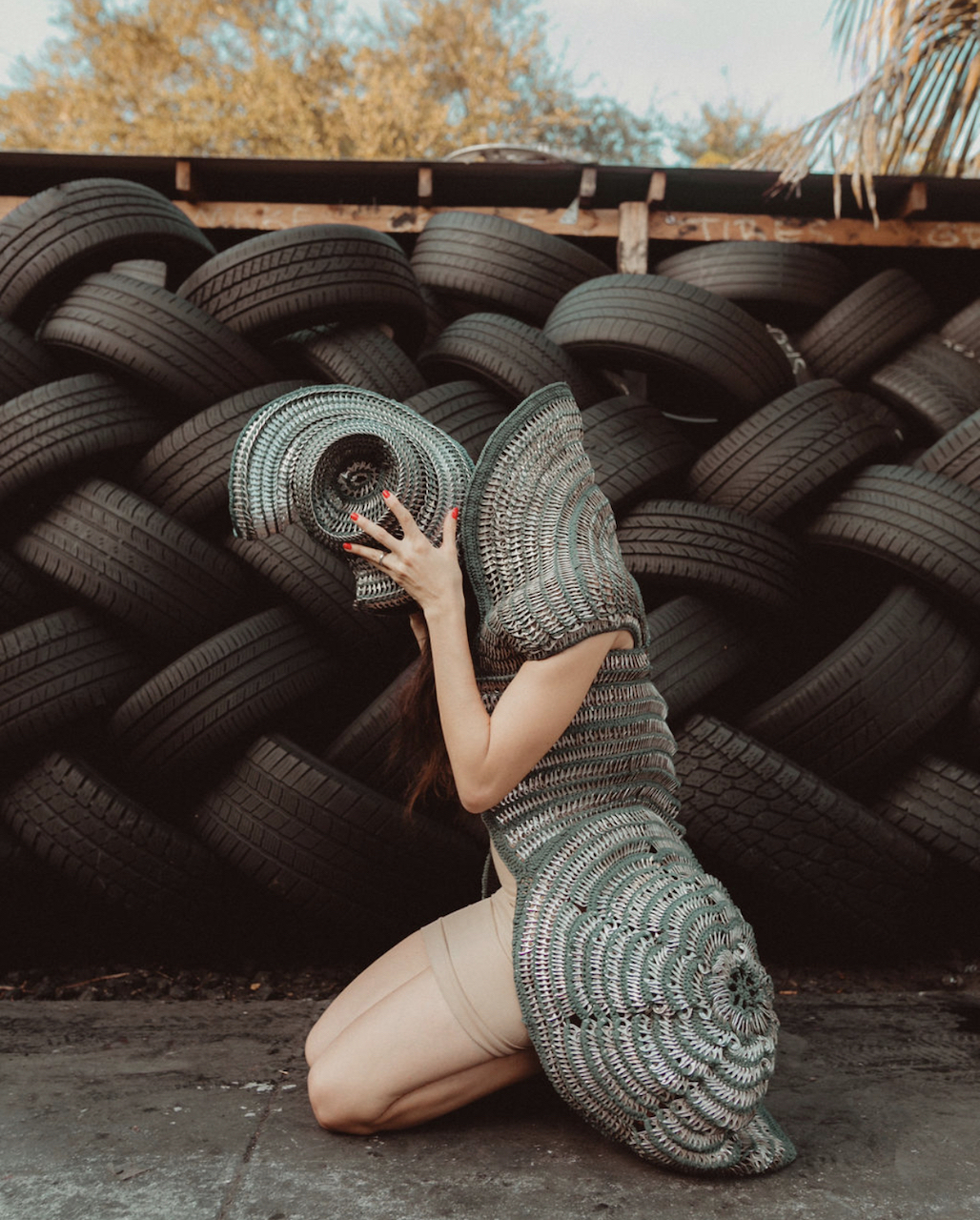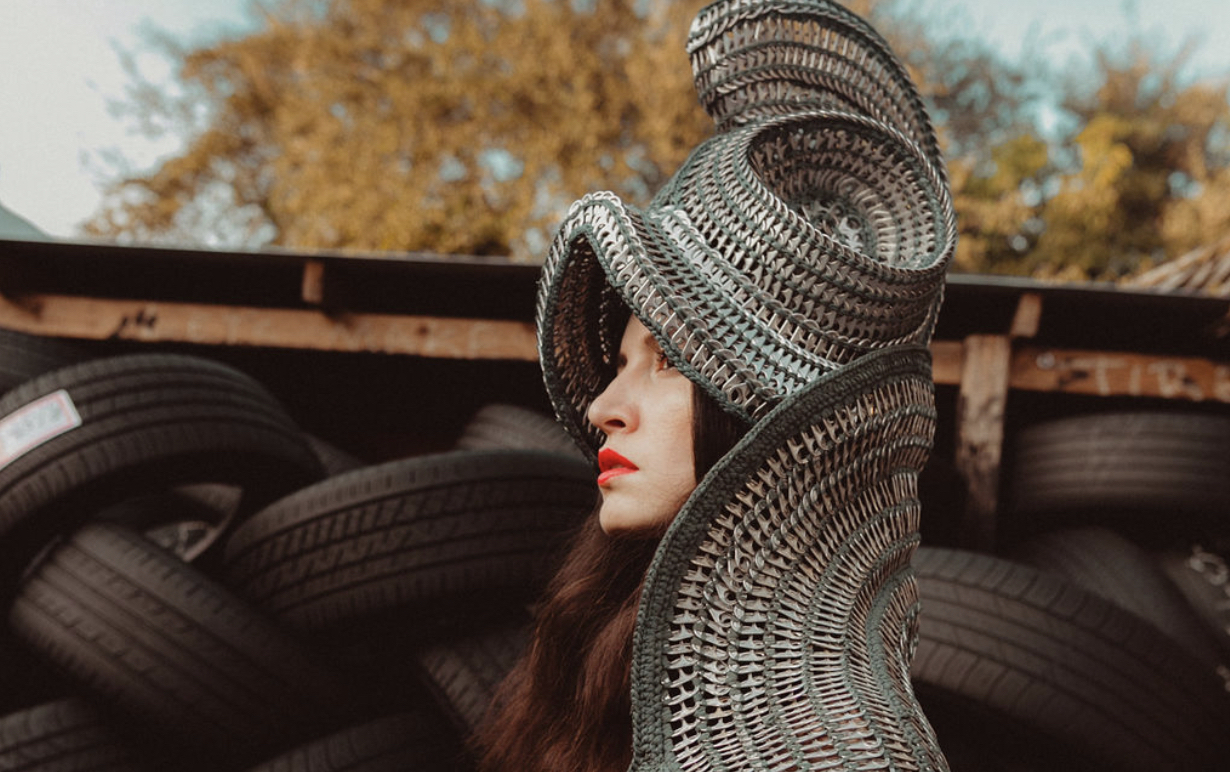

I often think about our collective past: the one that transports us to the different societies, political systems and rituals. The one that has led us towards social transformation.
Evolution.
So far I can’t say we have evolved as a species. Instead, we’ve deviated from the role we play on the planet.
Let’s talk about America, a continent that was separated from the rest of the world for hundreds of years, making it unique when it comes to its social structure, art, politics and architecture. Mesoamerican civilizations were obsessed with the responsibility of keeping the cosmos in motion, believing that the universe was in permanent risk of stopping and disappearing. For this not to happen, they had to feed the sun with blood, through human sacrifices.
Meanwhile, on the neighboring continent, as the conquest approached, the reality was different: the Reinassance had begun. Their sacrifices were just as bloody, but devoid of ritual, and were seeking the expansion of Catholicism through the Crusades and the Inquisition.
I am part of a large group of people who are a result of the violent clash between these two worlds: the European and the indigenous. I am mestiza and this mestizaje intrigues me. The further I move physically from Mexico, the closer I feel it.
When I was little, Christopher Columbus and other characters such as Hernan Cortes were regarded as heroes. It’s only now that I can see that history is told by the victorious, and that it’s on us, the descendants of this group to bring attention to the losses suffered to our people and our culture. It’s a strange feeling to be stuck in the middle. For indigenous people I’m too white to be seen as part of them, and for white people in the country I live, I’m too Latin to belong.

The Catholicism I grew up with was very particular, as it was mixed with Day of the Dead altars, cleaning my energy with shamans, a strong relevance towards astrology and also the understanding that everything that was foreign was better, as a result from the scars left from being a conquered country. In Mexico we call it Malinchismo, referencing the Malinche, a translator to Hernan Cortés, who arrived to the shores of what we now know as Mexico, with his great and shiny armor and horses and was mistaken for the god Quetzalcoatl, forever changing the history of the continent.
For me all this narrative braided itself since my arrival in the United States six years ago, with the history of the indigenous groups of North America, which were similarly shattered by the imminent ambition of the expansion of Europe. I was surprised to discover as well that there was a close relationship between the Mesoamerican people and the Native Americans.
The reason why it is important to look into the past in times like these, when everything seems to be in the air, is that the present is nothing more than a circular process. In the end modernity is not about letting go of the past, but rather a decision to create a different world based on what has been learned. What the exploration of being a mestiza has taught me is that Mestizaje is a process of seeing the ‘other’ as yourself, and understanding that we are all braided together in this human experience.
My exploration began with braiding as a sacred act of connection to my ancestry, and continues to expand.
And this is where this journey begins.

© Journey of a Braid. All rights reserved. Privacy Policy | Terms of Use